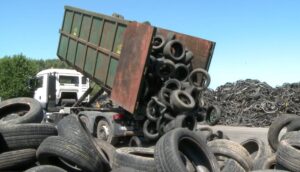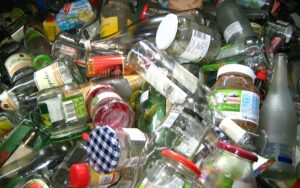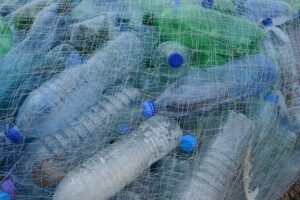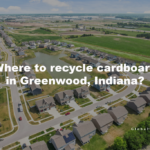The average American generates 4.48 pounds of trash per day, adding to the grand total of about 262 million tons of trash the United States accumulates per year, from that point of view, a recycling center is way important for our environment.
American communities recycled and composted nearly 35% of municipal solid waste in 2015, diverting 91 million tons to recovery according to the United States Environmental Protection Agency.
As a way to promote a better lifestyle for you and our plant, in this article, we will give you more information about how to begin and where to find a recycling center near you.
Is recycling worth it?
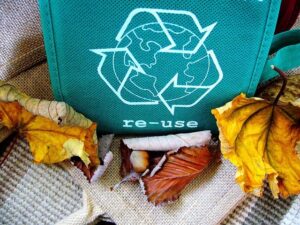
Recycling turns waste materials into valuable resources. In fact, collecting recyclables is just one step in a series of actions that generate a series of profits from a financial, environmental, and societal point of view. There are several key benefits from this practice.
- It protects and expands manufacturing jobs, and increases US competitiveness in the global marketplace.
- Reduces the need for landfills and incineration.
- Avoid pollution caused by the extraction and processing of virgin materials.
- Reduces greenhouse gas emissions that contribute to global climate change.
- Conserve natural resources such as wood, water, and minerals.
- Help sustain the environment for future generations.
Because recycling is obviously good for human health, the nation’s economy, and the environment, many people wonder why the federal government simply doesn’t require recycling. The primary reason is that recycling is a local matter — the success and feasibility of recycling depends on the resources and structure of the community; that is why promoting a recycling center is so important.
Most common recycled materials
These are the most common recycled materials through all the recycling centers and programs in the United States:
- Corrugated paper boxes.
- Newspapers.
- Steel cans.
- Grass trim.
- Aluminum cans of soft drinks and beer.
- Plastic soda bottles.
- Journals.
- Plastic milk and water bottles.
- Glass containers.
Where to find a recycling center
There are different ways to find a recycling center near your location, here are some of them:
Recycle Finder
This is a website specialized in searching different centers and locations where you can dispose of your materials. It is very helpful for major cities and urban areas.
- It is very easy to use. First, you will have to type your zipcode or postal code.
- Then, an approximate radius.
- And the type of material that you want to recycle.
- After that, click on the ‘Recycle!’ green button.
You will see a map that locates the exact position of the centers; below that, there is a list with detailed information such as address, phone number, website, and even a QR code to scan.
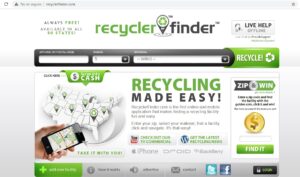
However, if you did not find information about your location, you can get some help by talking to a representative. Just click on the gray button on the top right corner where it says ‘Live Help’.
Google search
Yes, although it may be obvious, Google is an amazing source when finding a recycling center.
Since each region and recyclable material is handled differently, sometimes it may be best to do a few searches to find what is in your local area. Try searching for ‘recycling centers purchasing {insert material} in {insert state, county, or city/state}’ or something similar and start browsing through the results to see if any of the centers listed would be close to you.
Other locations
Although these are not actual ‘centers’, you can recycle some items and materials (mostly plastic, paper, and glass).
- Grocery stores and big stores like Target, Walmart, or Ikea: They usually have recycling bins for each material.
- Lowes: There are always several recycling bins at the entrance accepting plastic bags, batteries, light bulbs, and cell phones.
- National parks: A lot of national parks have recycling bins next to trash cans. Larger national parks seem to have a dedicated recycling area that accepts more types of recyclables.
- Independent shipping stores: These stores are great places to recycle air pillows and bubble wrap that come in packages.
